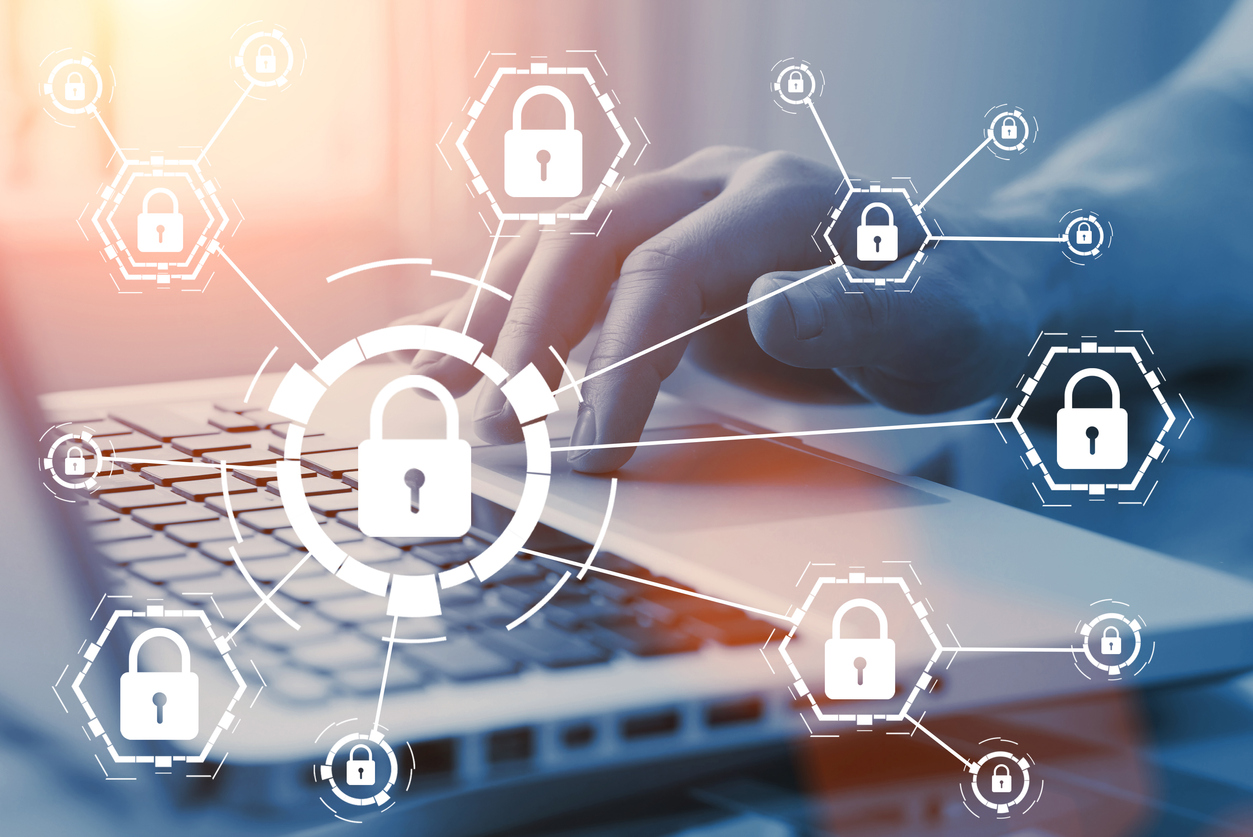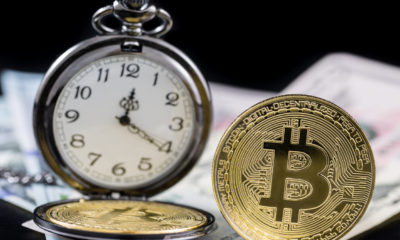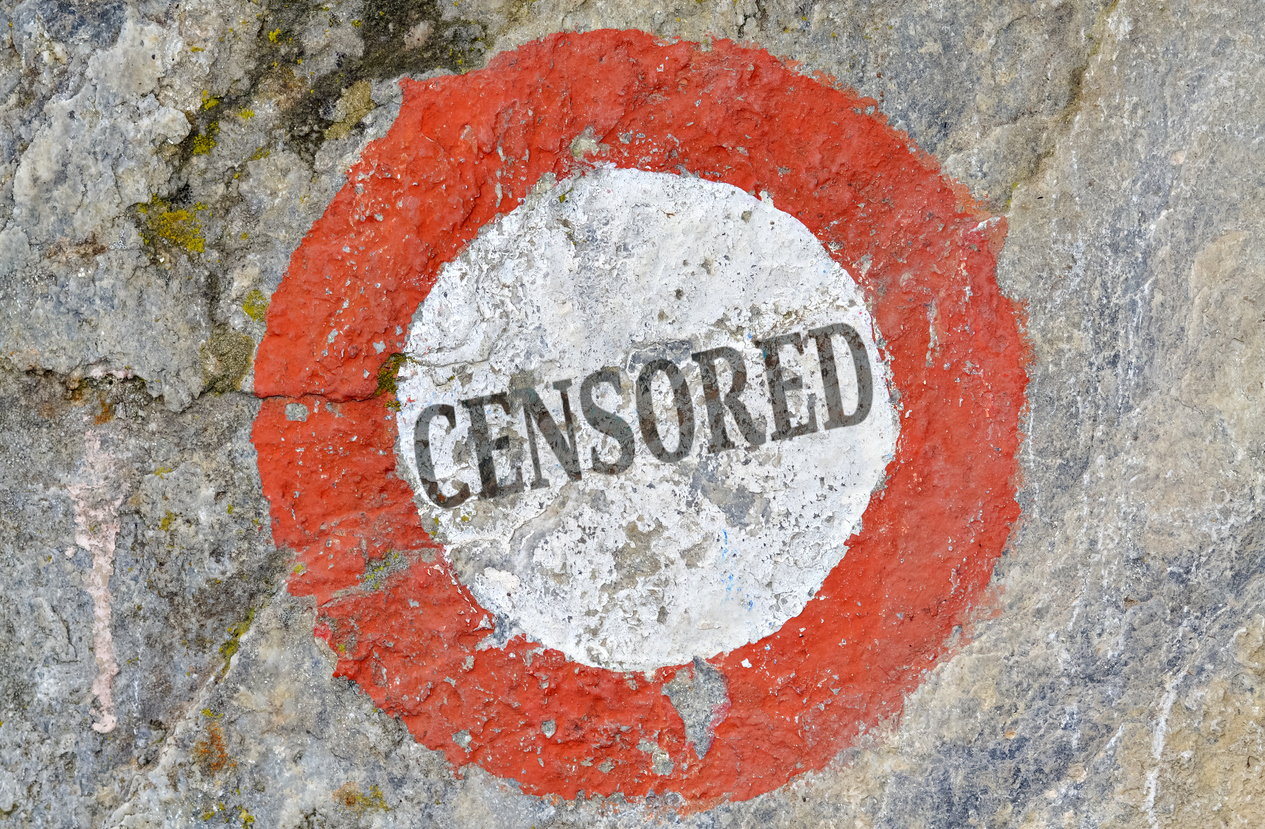One of the key selling points of cryptocurrency is that it is very secure. Indeed it is absolutely true that cryptocurrency has good security (it is encrypted, after all).
You may have heard that there’s no such thing as perfect security, and this is also true. What we’ll discuss in this article is how you can better ensure your funds are safe from being stolen.
How digital wallets work
Newcomers to cryptocurrencies can find all the new jargon confusing, and most information about blockchain tends to use big words to try and create an impression of sophistication, but in fact using cryptocurrency and other blockchain features is generally a simple process.
The most basic and important thing you’ll need to understand is the digital wallet, because this is where your cryptocurrency is stored. We could imagine the digital wallet as a physical thing with actual coins inside, because that is easy to visualize. In reality a digital wallet is just a pair of encryption keys.
One of these keys is a public key that is used to make deposits into your wallet. That key can be freely distributed, because there is no security risk for a key that can only be used for deposits. The other key, on the other hand, is your private key that is used to access the funds in the wallet.
Anyone possessing that key can access your account, check the balance, make withdrawals or purchases, transfer funds, and anything else that the particular blockchain service allows. Naturally only you should have access to this key, and it needs to be kept safe.
The lone vulnerability of the key pair system
Paired key encryption is very secure and there is no way somebody could randomly discover the private key of your digital wallet just by attempting to brute force it. There is no technology in existence today which could feasibly manage a brute force crack of a private key.
Cryptocurrency keys are a minimum of 256 bits of random characters. Provided the key is truly random, even the most powerful computers won’t realistically be able to crack it.
To put it in perspective, if your computer could test 10 billion key combinations per second, it would take at least thirty six novemdecillion, seven hundred octodecillion years to have a chance of cracking it. That’s a seriously long time.
More than 50,000 times the age of the Universe, which is comparatively a whipper snapper at an estimated 14 billion years and change.
All that might have you feeling very secure, except there is still one vulnerability. If your private key is stored anywhere on any of your electronic devices, it could potentially be discovered by somebody who manages to gain access to the device.
Overcoming the vulnerability
The simple solution is just to not store your private key on an electronic device. As you can probably guess, it is almost as difficult to memorize a random 256 bit string as it is to crack it, so you most likely won’t want to eliminate all traces of the key. You can solve this problem by printing a copy of the key.
To simplify your life a bit, in addition to printing the plain text string of your private key, you can also print a QR code of it. This will allow you to scan it instead of manually typing it.
The printed copy of your private key must be secured
There’s no point in going to all this trouble if you don’t protect the printed copy of the private key once you’ve created it. The best way to secure it is to place it inside a waterproof ziplock bag and place the bag in a fireproof safe that only you know the combination to.
You only need access to that private key when you want to spend, exchange, or transfer funds from your digital wallet. If you need more frequent access to the key than a typical account holder would, then there are various methods for hiding the key in plain sight that may be more appropriate for you.
The important thing is that nobody should be able to guess that the key is a cryptocurrency private key just by looking at it.
Following the above steps makes your cryptocurrency survivable
For people with large cryptocurrency holdings, there is some risk that if they die, their heirs may not be able to inherit that wealth, because the private key shouldn’t be shared with another living soul during your lifetime. If nobody knows the key, they can’t get at the wealth.
The solution is to keep the safe combination in a sealed envelope (along with your public key, for simplification) deposited with your lawyer and only to be opened by your heir if you die.
If you want to be extra paranoid, you could divide the combination into two parts and deposit one envelope with one lawyer and the second envelope with another lawyer. Your will should contain instructions about how it should all be handled and what it all means.


 Press Releases7 years ago
Press Releases7 years ago
 Business7 years ago
Business7 years ago
 Business7 years ago
Business7 years ago
 Press Releases7 years ago
Press Releases7 years ago
 Market7 years ago
Market7 years ago
 Market7 years ago
Market7 years ago
 Press Releases7 years ago
Press Releases7 years ago
 Tech7 years ago
Tech7 years ago









